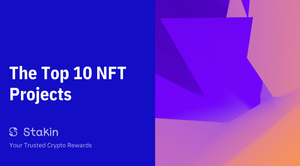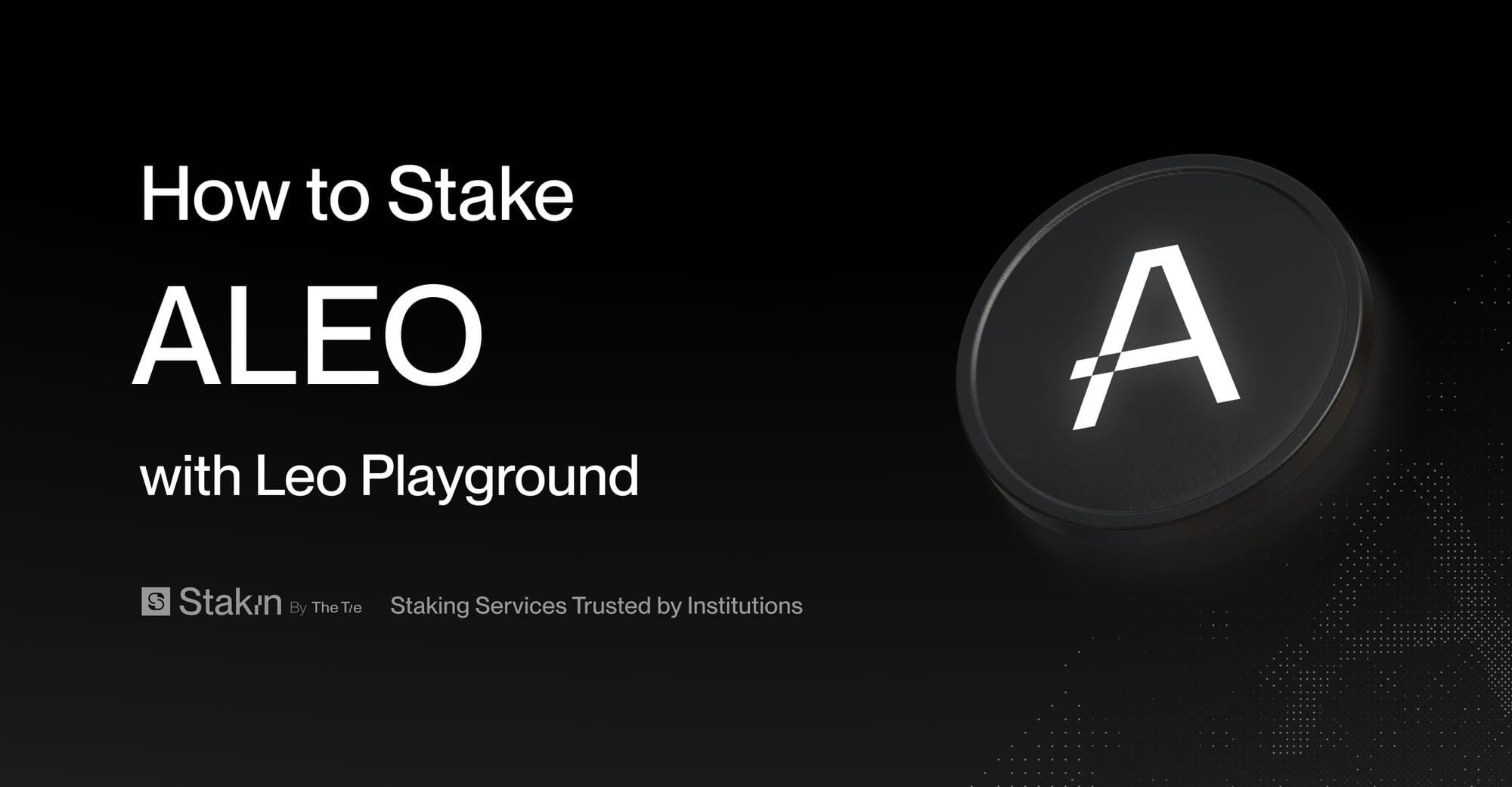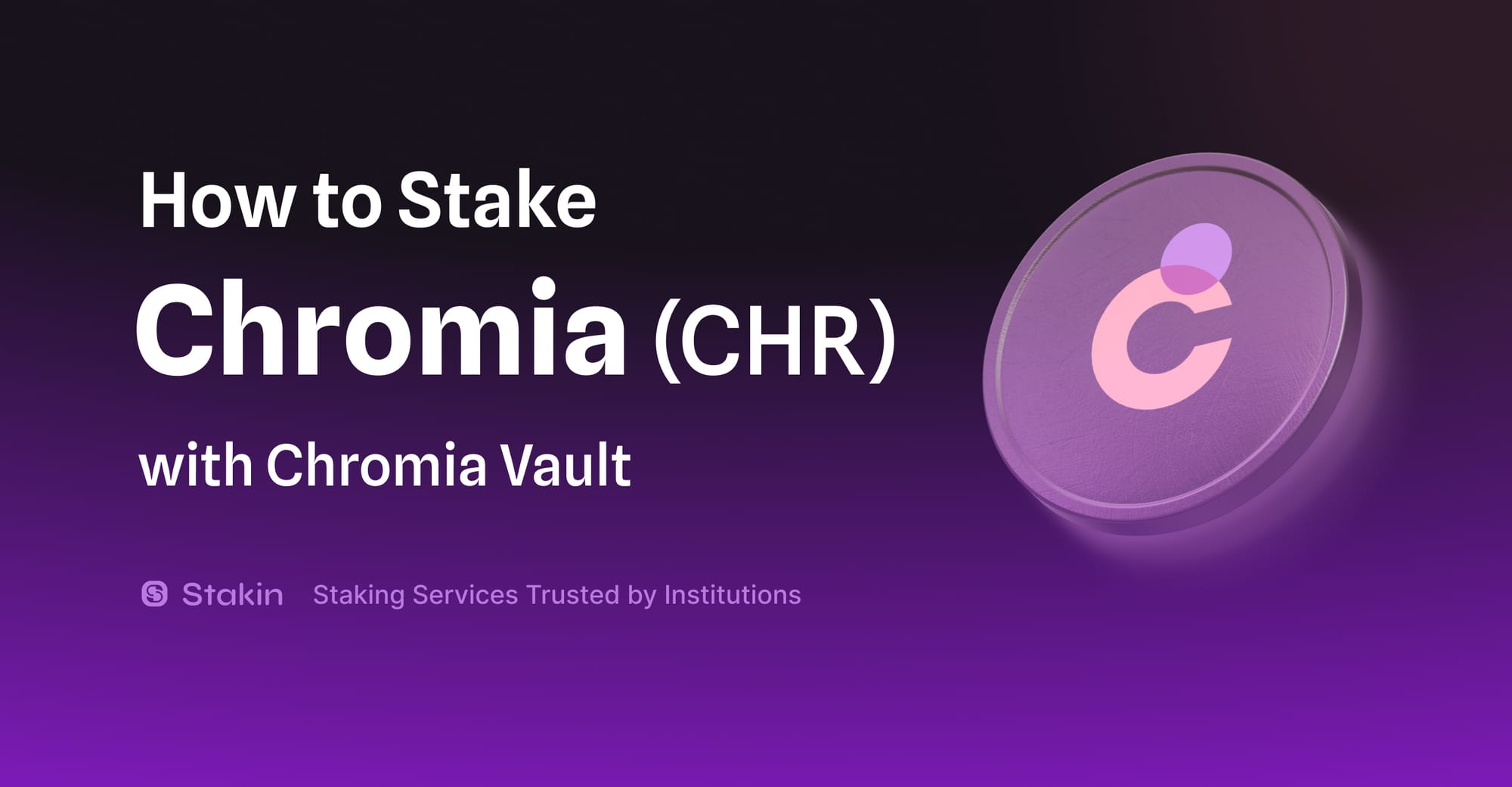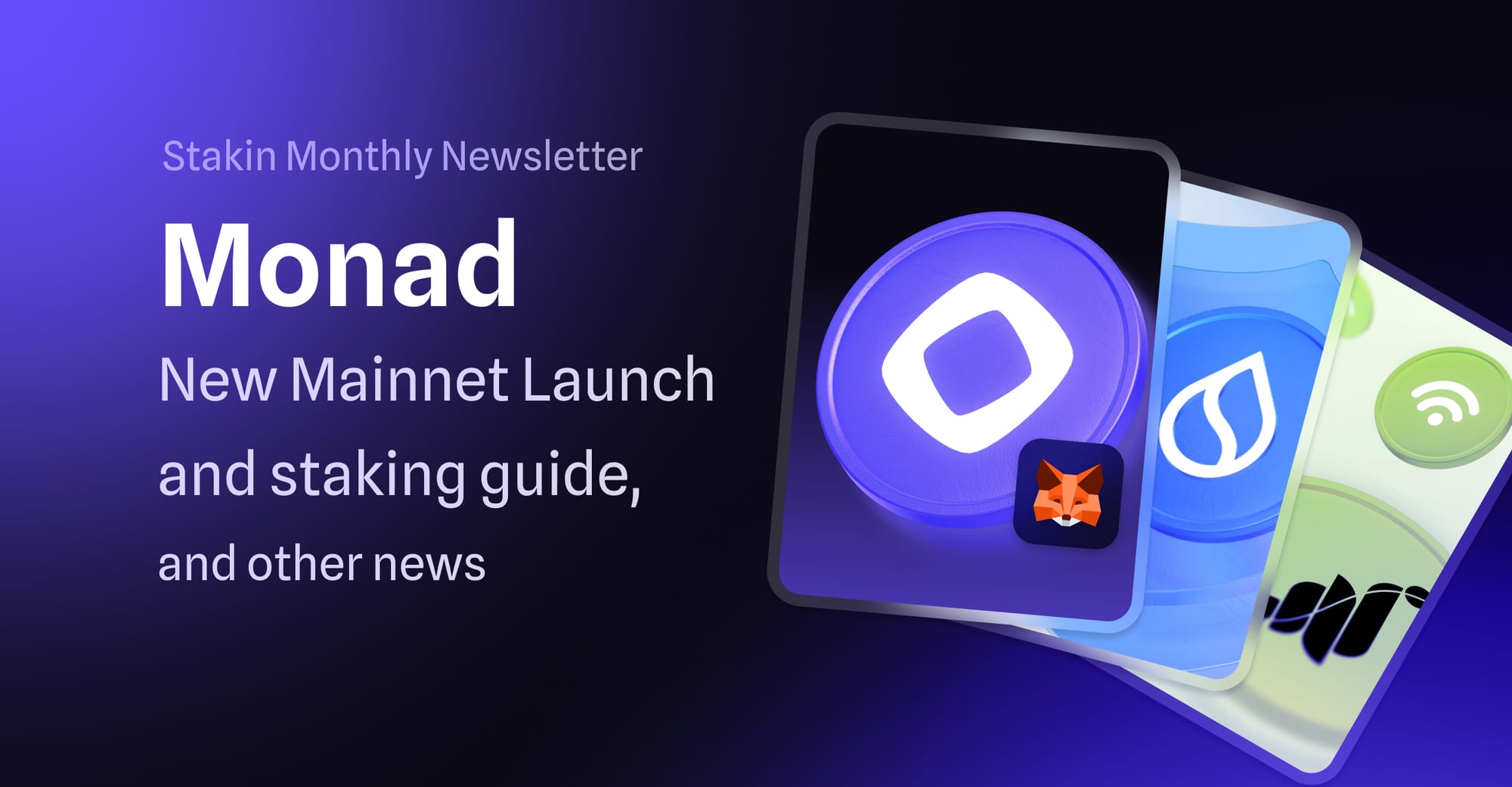Hi Readers,
In this article, we’re looking at the current best Non-Fungible Token Projects that are out there. Now, it is important to note before we get started that there are many, many projects out there, and thus, we like to advise you to always do your research before investing or using any of the named projects below.
Now, NFTs seems to have exploded over the last year, making you wonder: “why?”. To answer that question, let’s first have a look at what NFTs are. An NFT or Non-Fungible Token is a digital currency representing a real-world object such as art, in-game items etc. NFTs are sold and bought online, often with cryptocurrencies, and they have the same general encoded underlying software as many digital assets.
Even though NFTs have been around since 2014, they gained popularity because they are notorious for purchasing and selling digital artwork. In fact, according to nonfungibletoken.com, from May 10th till June 10th, 2021, $75.736.378 was spent on NFTs (see the image below).

Non-fungible refers to NFTs being one of a kind, or sometimes of a minimal amount, they also have proof of ownership attached to them, and thus the items have unique identifying codes. Interestingly enough, this stands in stark contrast with most digital creations, which are often infinite in supply. NFT allows buyers to own something completely original, and it contains built-in authentication, which serves as proof of ownership. Now, that leaves us with one question: “why are NFTs so popular?”. Well, in essence, collectors value “digital bragging rights,” as Mitchell Clark from the Verge calls it. They might even value it more than the actual NFT itself.
So, where do you buy NFTs? Well, this takes us to our Top 10 NFT Projects. You can buy NFTs via Opensea or Rarible. Let’s have a look at these marketplaces.
Opensea
Opensea.io is an NFT peer-to-peer marketplace. The platform calls itself a purveyor of “rare digital items and collectibles.” To get started, you simply browse through the offerings or create an account (in whichever order you prefer).

Rarible
Rarible is quite similar to Opensea in terms of how it works. It is a democratic, open marketplace that allows artists and creators to issue and sell NFTs. RARI tokens issued on the platform let their holders weigh in on features like fees and community rules. However, as you can see in the image below, Rarible has an entirely different user interface than Opensea.

CryptoKitties
If you have heard about NFTs, then you probably heard about CryptoKitties. The ETH-based project lets you collect and breed digital kittens. Users in CryptoKitties collect and breed the adorable creatures known as CryptoKitties! Each kitty has a distinct genome that determines its appearance and characteristics. Players can breed their kitties to make new furry friends and gain access to rare abilities. Interestingly, CryptoKitties is one of the world’s first blockchain games. While CryptoKitties isn’t a digital currency, it does offer the same security: each CryptoKitty is one-of-a-kind and 100% owned by you. It cannot be replicated, taken away, or destroyed. Have a look at the video below to learn more.
Cryptopunks
Cryptopunks were the first NFTs on the Ethereum Blockchain and have since gained a lot of interest and publicity. In fact, on May 11th, a collection of 9 Cryptopunks sold at Christie’s for $16.9 million. On June 10th, a rare “Alien” Cryptopunk was sold for $11.8m at Sotheby’s, setting a new world record for a single Punk. The CryptoPunks are a group of 10,000 distinctive generated characters. Each one is unique, and each one can be officially owned by a single person on the Ethereum blockchain. Initially, anyone with an Ethereum wallet could claim them for free, but all 10,000 were quickly claimed. They must now be purchased from someone using the blockchain-enabled marketplace.

Star Atlas
Star Atlas combines gaming and NFTs to create a unique experience for its users. The NFT game project is launched on Solana and aims to combine blockchain and traditional game mechanics to create a personalized and attractive gaming experience. For more info, check out the Medium channel of Star Atlas: The Atlassian.

Decentraland (MANA)
Dencentraland (MANA) is a virtual real estate market or community-owned virtual world that leverages the Ethereum blockchain. It consists of 90,000 parcels of land, measuring 16 x 16 meters or 52 x 52 feet. Each parcel of land exists as a non-fungible LAND token on the Ethereum blockchain, and you can buy and own that land. And that’s it, in a nutshell.

Flow
The Flow playground launched in 2020 and allows developers to create and trade a type of digital asset known as a non-fungible token (NFT). An NFT, like other crypto assets, can be bought, sold, and exchanged over the internet without the use of a middleman. There is, however, one significant difference. Every asset on the blockchain is unique with an NFT, and it trades at its price. However, the team behind CryptoKitties is attempting to create a new platform with Flow that will allow these applications to reach a more significant number of mainstream users. Flow is already gaining large traction as an NFT focused Layer 1, with large projects such as NBA Top Shots already using it.

Axie Infinity
AXIE Infinity is a Pokémon-inspired universe in which anyone can earn tokens by playing skillfully and contributing to the ecosystem. Players can use their pets to battle, collect, raise, and build a land-based kingdom.
Third parties can easily access all art assets and Axie genetic data, allowing community developers to create their tools and experiences in the Axie Infinity universe.

Wax
Wax is a blockchain NFT marketplace or decentralized video game and entertainment network. They deliver a safe and convenient way to create, buy, sell and trade virtual items (NFTs) to anyone, anywhere in the world.

The Sandbox
Inspired by Minecraft, the Sandbox is another gaming NFT marketplace. In fact, it is a community-driven platform where creators can monetize voxel ASSETS and gaming experiences on the blockchain.
DISCLAIMER: This is not financial advice. Staking, delegation, and cryptocurrencies involve a high degree of risk, and there is always the possibility of loss, including the loss of all staked digital assets. Additionally, delegators are at risk of slashing in case of security or liveness faults on some protocols. We advise you to do your due diligence before choosing a validator.



